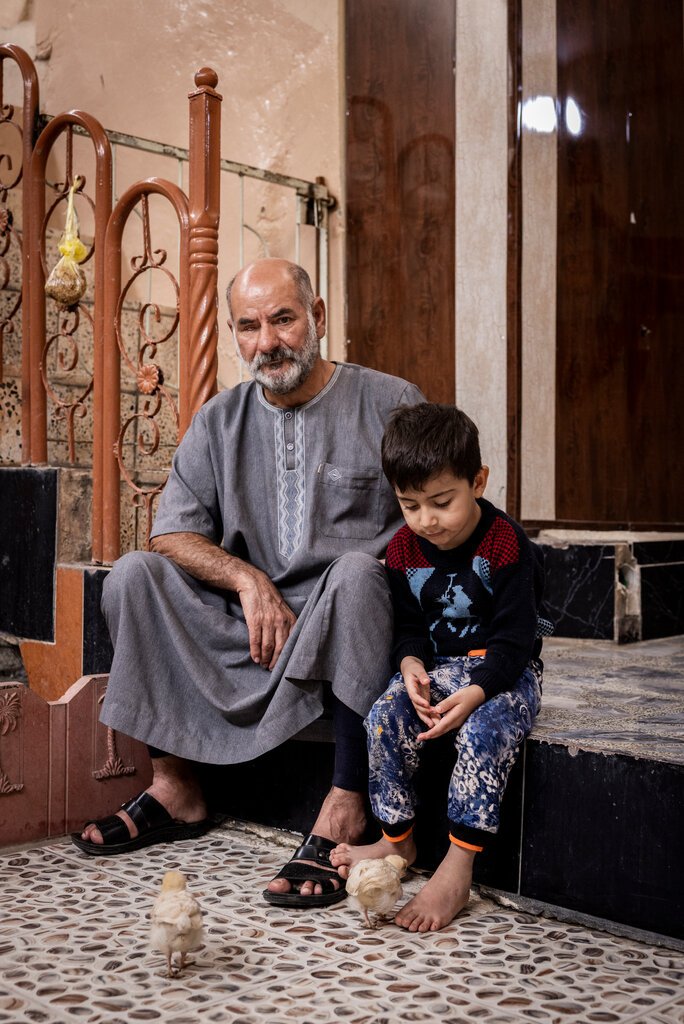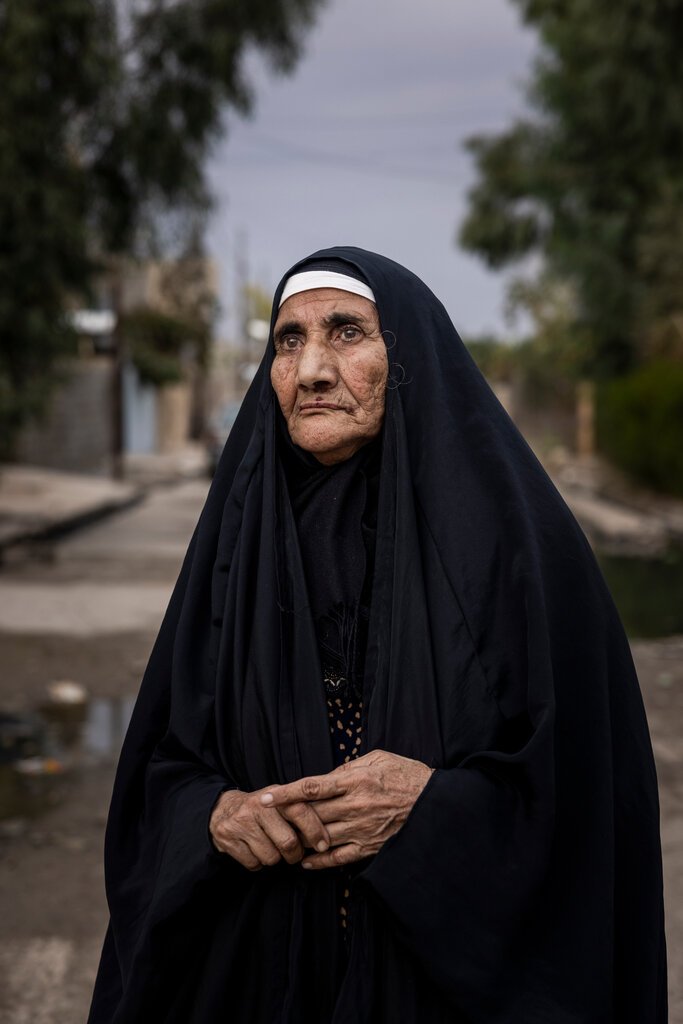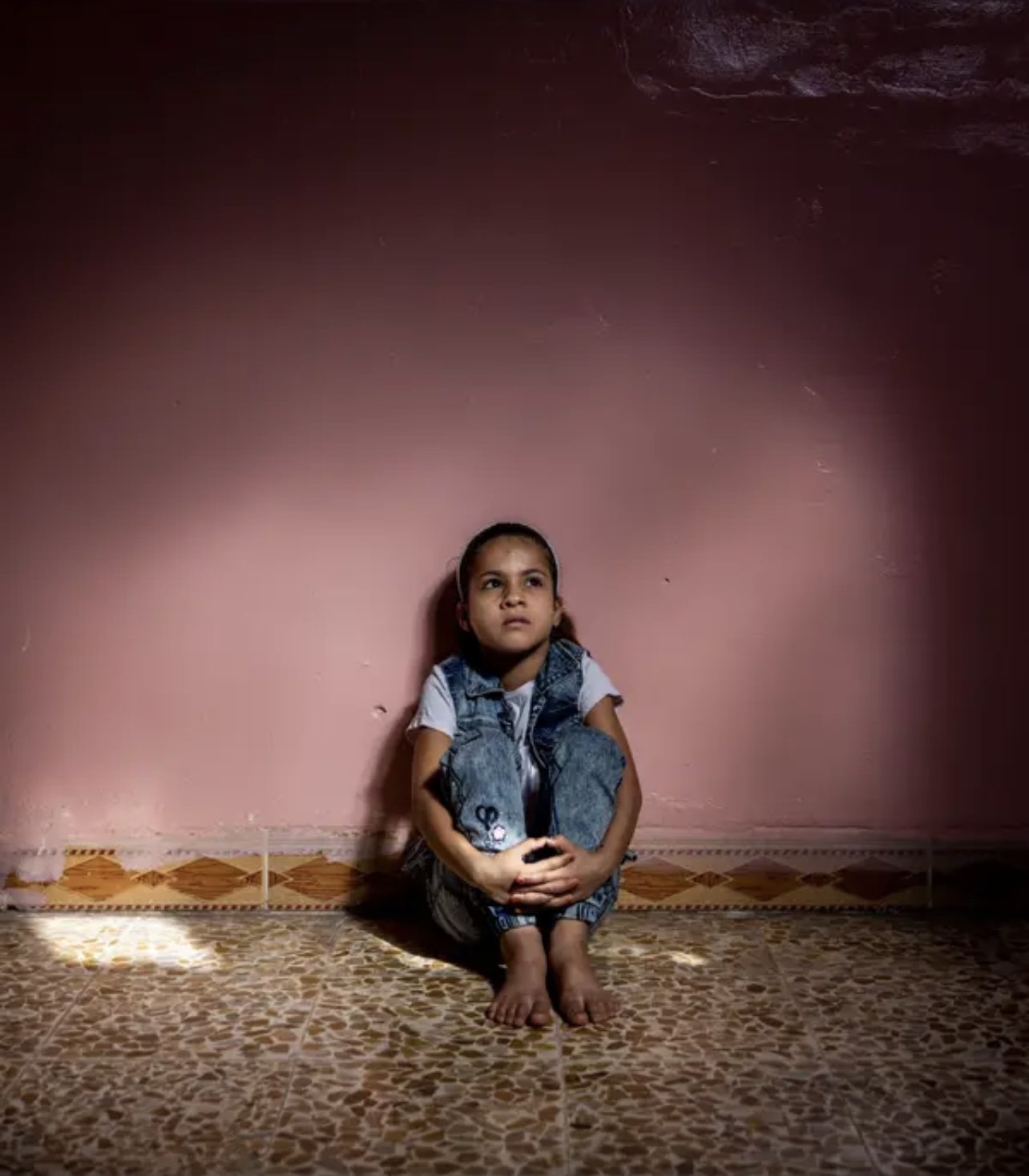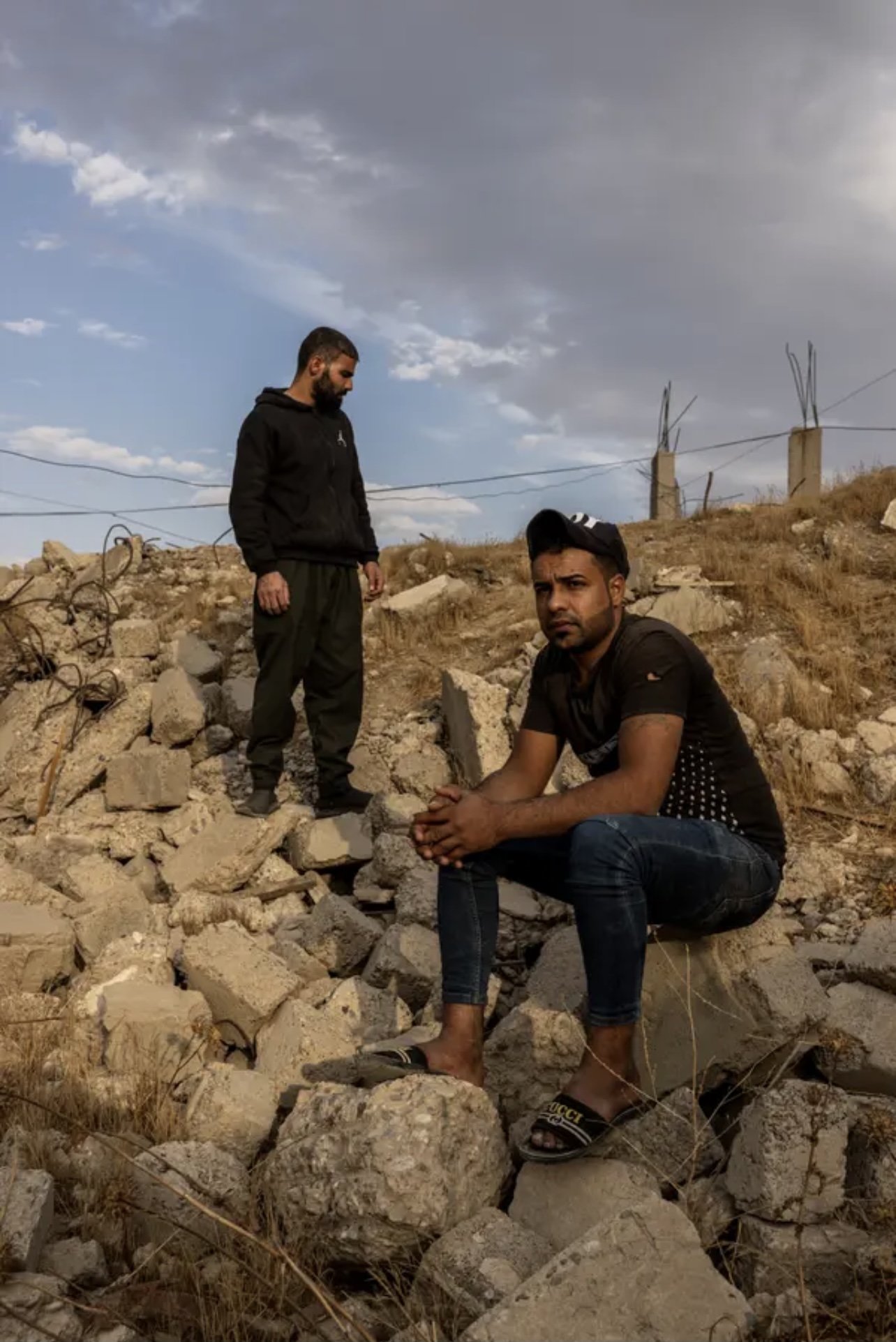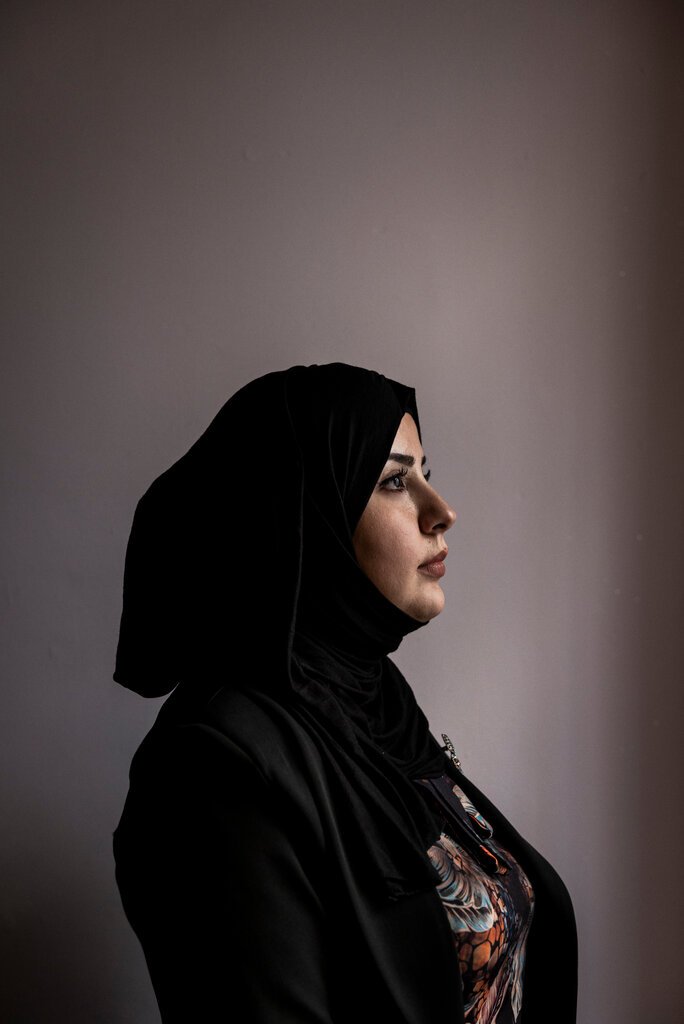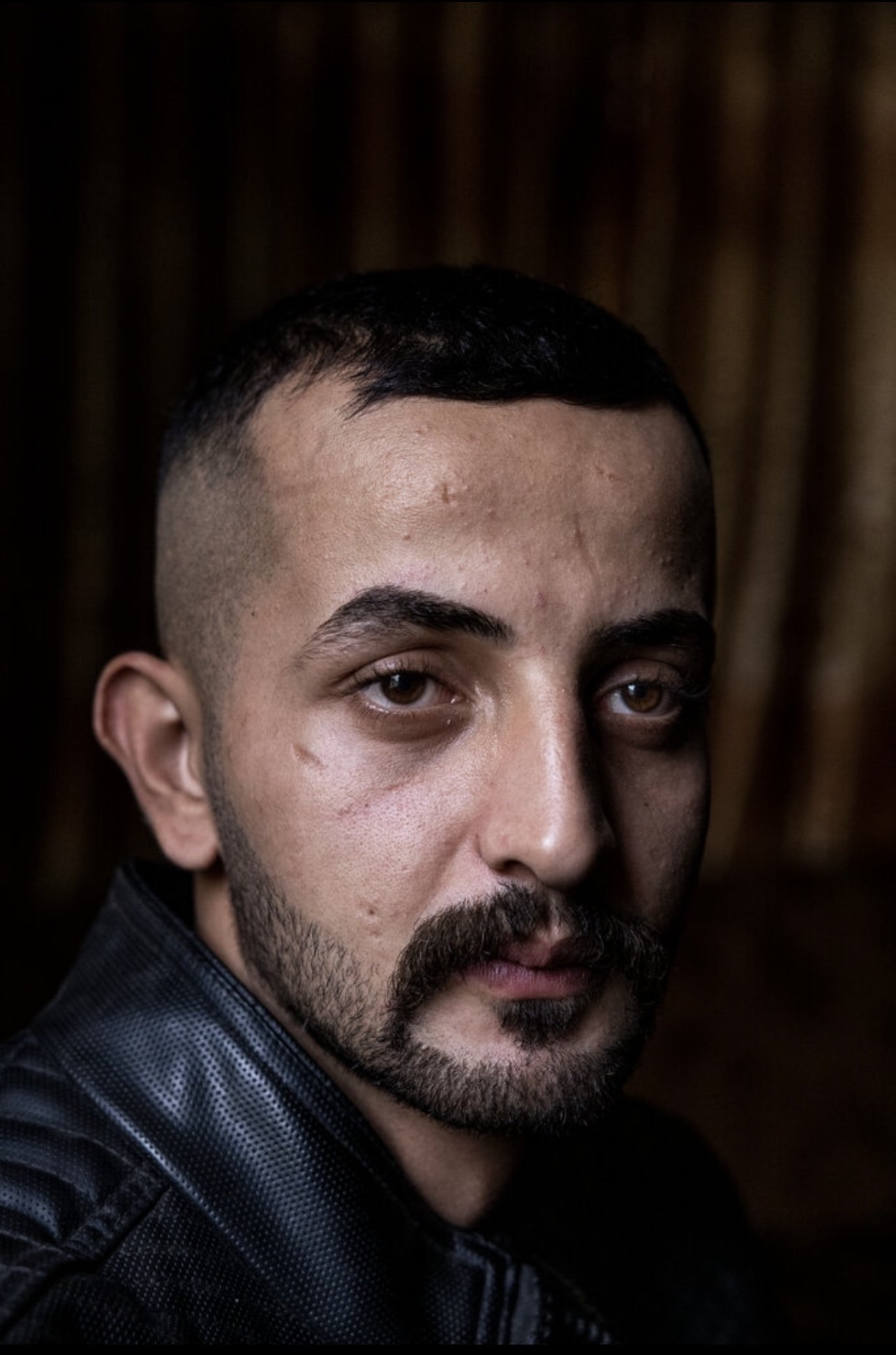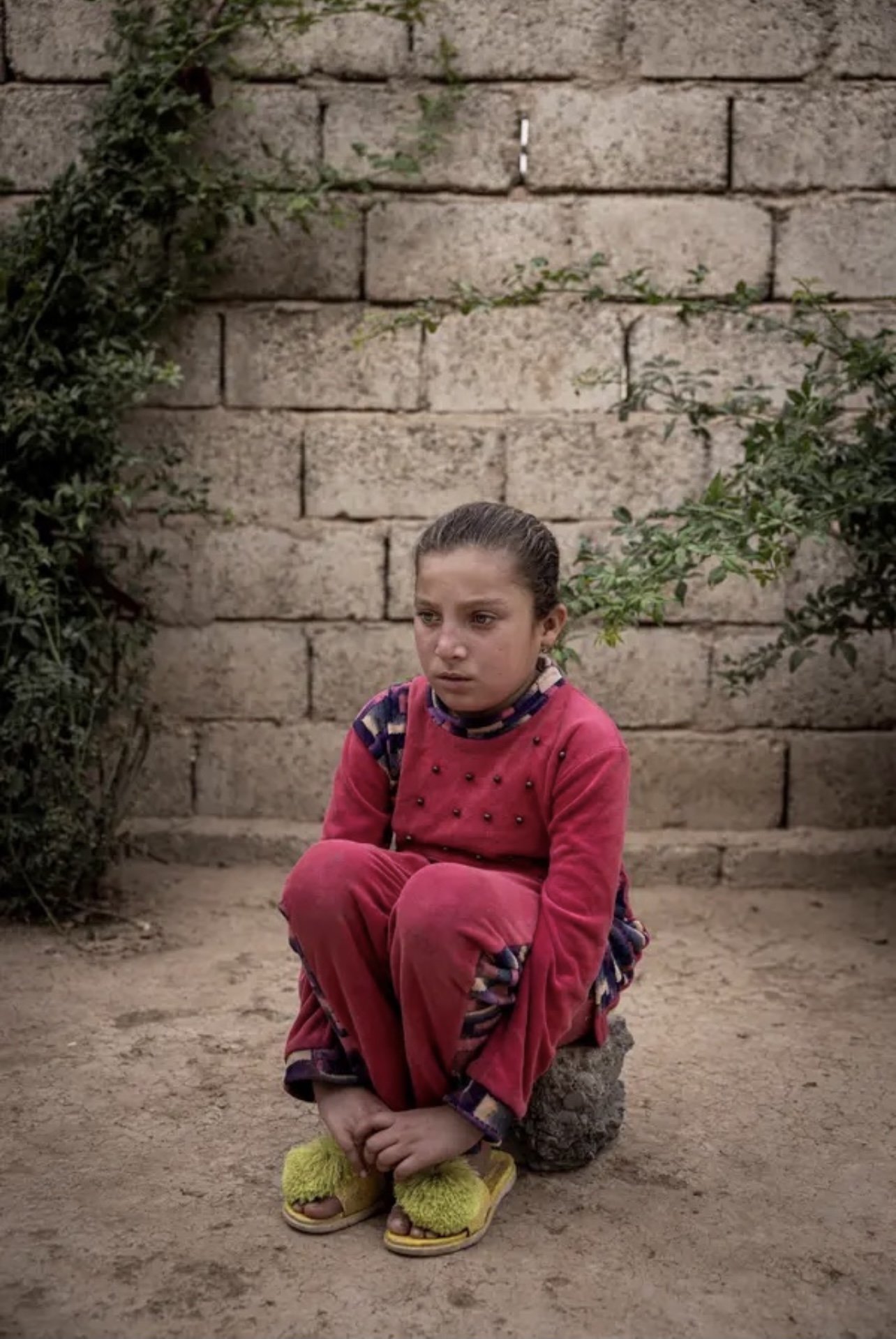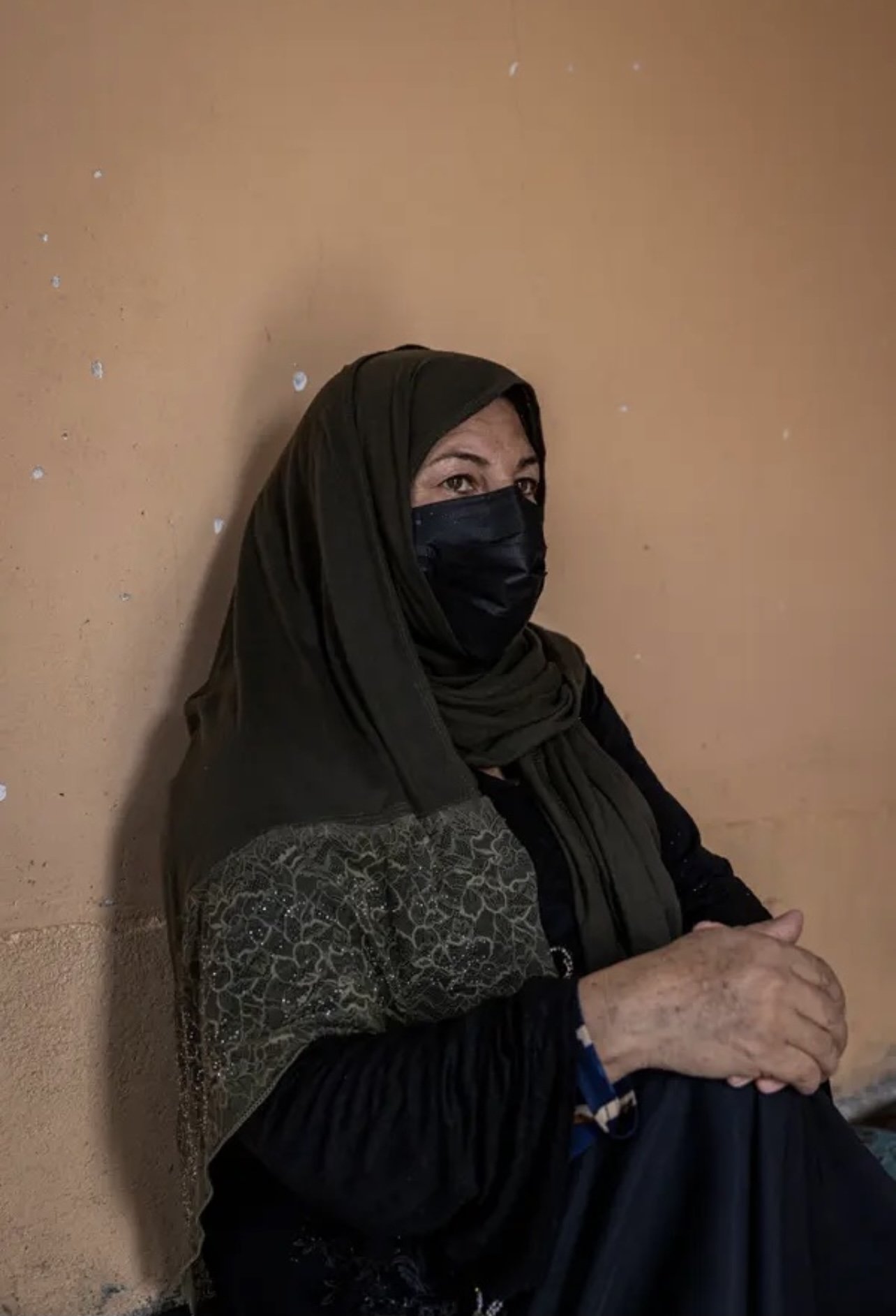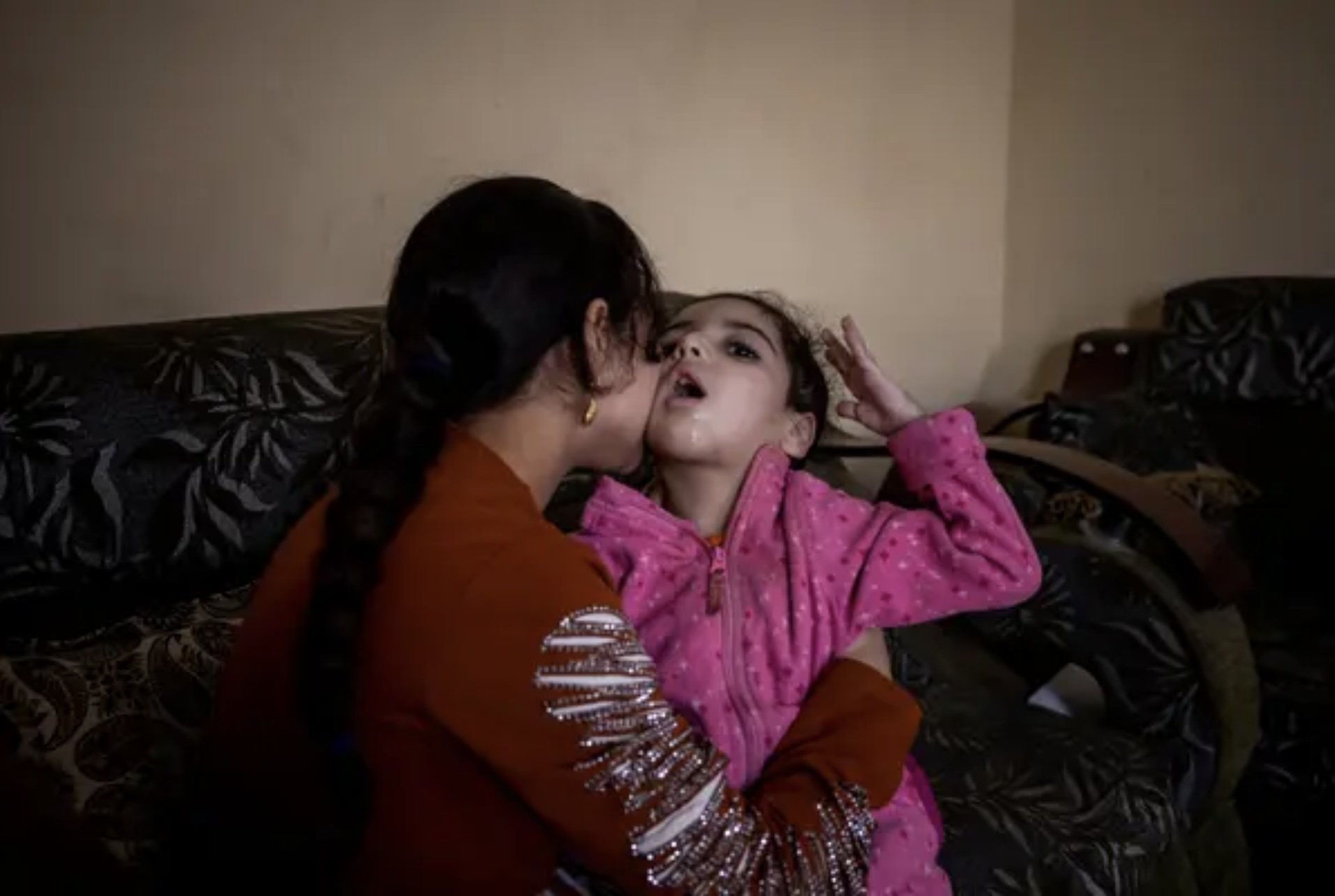Azmat Khan is a Pulitzer Prize-winning investigative reporter whose work grapples with the human costs of war.
She is an investigative reporter and the Patty Cadby Birch Assistant Professor at Columbia Journalism School, where she is also the director of the Simon and June Li Center for Global Journalism. Khan is writing a book for Random House investigating America's air wars.
Her investigations have prompted widespread policy impact and won more than a dozen awards, including the Pulitzer Prize, two National Magazine Awards, two Overseas Press Club awards, the Polk Award, and the Hillman Prize. — READ MORE
University of Penn. Law Review, Vol. 173, No. 1, 2024
In December 2023, the Israeli Defense Forces (IDF) struck Maghazi, a refugee camp in central Gaza, killing eighty-six people in what an Israeli government spokesperson called a “regrettable mistake.”…
Yale Law Journal, Volume 134, Issue 8, 2025
The Geneva conventions prohibited the targeting of civilian objects such as hospitals, schools and private homes. Yet over the last 22 months…
Awarded THE 2022 Pulitzer Prize in International Reporting
A years-long, multi-part New York Times investigation based on more than 1,300 military records, ground reporting from the sites of more than 100 civilian casualty strikes in Iraq, Syria & Afghanistan, and scores of interviews
MORE FROM THE FILES
Documents Reveal Basic Flaws in Pentagon Dismissals of Civilian Casualty Claims
Military Investigation Reveals How the U.S. Botched a Drone Strike in Kabul
Documents on Military Processes and Procedures & Glossary of Terms
IMPACT
The investigation spurred impact across government and civil society, including direct action from the Secretary of Defense, who ordered military officials “improve upon efforts to protect civilians” during U.S. combat operations. Congressional leaders also proposed bicameral legislation to overhaul systemic problems identified in the Civilian Casualty Files, including The Protection of Civilians in Military Operations Act (POCIMO) and The DoD Civilian Harm Transparency Act (CHTA). The reporting also triggered a hearing in the Senate Judiciary Committee on drone strikes — the second only in its history on this subject — and was also cited in multiple letters by Congressional leaders and civil society groups. The publication of records has also spurred ongoing scholarship by scholars of law, political science, international relations and human rights, as well as advocacy efforts on behalf of victims and survivors.
U.S. military officials say the anti-ISIS air war in Iraq and Syria is the most precise aerial campaign in the history of warfare. But this on-the-ground investigation by Azmat Khan and Anand Gopal for The New York Times Magazine reveals that the air war has been significantly less precise than the U.S.-led coalition claims.
Khan visited the sites of nearly 150 airstrikes across northern Iraq, not long after ISIS was evicted from them. She toured the wreckage; interviewed hundreds of witnesses, survivors, family members, intelligence informants and local officials; photographed bomb fragments, scoured local news sources, identified ISIS targets in the vicinity and mapped the destruction through satellite imagery. She also visited the American air base in Qatar where the coalition directs the air campaign. There, she was given access to the main operations floor and interviewed senior commanders, intelligence officials, legal advisers and civilian-casualty assessment experts. She provided their analysts with the coordinates and date ranges of every airstrike in the sample — 103 in all — in three ISIS-controlled areas and examined their responses. The result is the first systematic, ground-based sample of airstrikes in Iraq since this latest military action began in 2014.
One in five of the coalition strikes Khan and Gopal identified resulted in civilian death, a rate more than 31 times that acknowledged by the coalition. It is at such a distance from official claims that, in terms of civilian deaths, this may be the least transparent war in recent American history. The reporting revealed a consistent failure by the coalition to investigate claims properly or to keep records that make it possible to investigate the claims at all. Many of the civilian deaths documented appeared to be the result of flawed or outdated intelligence that conflated civilians with combatants. In this system, Iraqis are considered guilty until proved innocent. Those who survive the strikes remain marked as possible ISIS sympathizers, with no discernible path to clear their names. The investigation was also the subject of a special three-part series on The Daily podcast.
IMPACT: Based on the investigation’s findings, Congress passed legislation that for the first time designated a civilian official to be in charge of military civilian casualty policy and reforms. Senior members of the Obama Administration came forward in The Atlantic to admit that they were “part of an administration that fell short” when it came to civilian casualties. Senator Patrick Leahy of Vermont called on the Department of Defense to make payments to civilian survivors of U.S. combat operations and to commission a panel of civilian casualty documentation experts to conduct a review of intelligence and targeting procedures. And the New York Times Editorial Board called on Congress to demand true accountability & transparency on civilian casualties, because “Americans need to understand the full cost and consequences of military actions undertaken in their names.”
The investigation was also recognized with the following awards:
+ 2018 National Magazine Award for Reporting
JUDGES: "Meticulously reported and movingly told, this investigation of the U.S.-led campaign against the Islamic State found that far more civilians had been killed by airstrikes than the Pentagon would acknowledge. The judges deemed this a stunning and important work of journalism."
+ 2018 Overseas Press Club Ed Cunningham Award
JUDGES: "Azmat Khan and Anand Gopal spent almost two years visiting about 150 bomb sites in northern Iraq, often at great personal risk, for this powerful story that showed civilian casualties caused by U.S.-led coalition airstrikes were considerably higher than previously reported. With a compelling main character in Bassim Razzo, whose home and family in Mosul were obliterated, indefatigable sleuthing by Khan and Gopal that challenged U.S. statistics, and an impressive use of photography and videography, “The Uncounted” provided a horrifying accounting of the true cost of America’s war."
+ 2018 Hillman Prize for Magazine Journalism
JUDGES: "In one of the world’s deadliest war zones, reporters Azmat Khan and Anand Gopal teamed up to investigate, document, and report the true civilian death toll of the U.S.-led war against ISIS. Their shocking findings revealed that the number of civilian deaths due to airstrikes is largely underreported by the American-led coalition, and that there has been a consistent failure by the coalition to investigate claims or to make previously mandated “sympathy payments” to survivors. ... Khan and Gopal’s disturbing findings are the result of two years spent in Iraq producing the data themselves through hard, on the ground reporting. They visited the sites of nearly 150 airstrikes across northern Iraq and interviewed hundreds of witnesses, family members, intelligence informants, and local officials. They photographed bomb fragments, scoured local news sources, and mapped the destruction through satellite imagery. They built sophisticated databases and maps based on hundreds of points they visited in order to compare their data against the coalition’s numbers. It was a level of research that had never been conducted before – not by the U.S. government, the United Nations nor any NGO. ... The overall result is an investigation into the U.S.-led air war against ISIS that is unlike any other. These journalists stepped up to do what the governments and institutions did not."
+ Deadline Club Award for Magazine Investigative Reporting
JUDGES: "The Uncounted' was a standout effort that earned a unanimous vote as best in class. This impressive piece of journalism was essentially an intelligence gathering effort, with the authors fusing data from a variety of sources to account for many unacknowledged civilian deaths caused by the US bombing campaign against Islamic State in northern Iraq. Door-to-door reporting in war-ravaged Mosul provided intelligence even the US military seemed to lack, as it conducted what it called “the most precise air campaign in history.” Khan and Gopal proved otherwise in prose both gripping and revelatory. By building the broader story around the narrative of one particular victim, the authors drew readers in and kept them rapt. We also appreciated videos and other graphical elements, in the electronic version of the story, that could have come from a Pentagon briefing and enhanced the reader’s understanding of the story. Taut and vivid, this is the best piece of journalism the judges have encountered in a considerable while."
+ 2018 One World Media Print Award
JUDGES: "This piece of work set out to prove the inconsistencies between the reported number of civilian deaths by US drones in Iraq, and the actual number. It was an ambitious project spanning two years of work, but it achieved not only an exclusive revelation that uncovered a deep injustice whereby people are being needlessly killed, not compensated and worse, deemed sympathisers with ISIS until proven innocent, but it sparked a change in how the US deals with such casualties. We were deeply impressed at how meticulously and tirelessly the reporters worked to uncover facts and speak to people on the ground, but also how they gained access to the US military. There was excellent use of multi-media throughout. It is a long read but compelling from paragraph to paragraph, beautifully told, and no one can failed to be moved by the story of Basim Razzo, who lost his wife and daughter, and is the key protagonist in the feature. This set the gold standard for how this type of journalism should be covered.”
The United States trumpets education as its shining success in the war in Afghanistan. But this on-the-ground investigation by Azmat Khan—based on visits to more than 50 U.S.-funded schools in battlefield provinces, internal U.S. and Afghan databases and documents, and more than 150 interviews— revealed how American efforts have fallen woefully short of the grand claims the government made, claims that it knew were false. What went wrong is a story of overhyping in Washington, of noble intentions going astray in a society America did not understand, and of the pitfalls of using humanitarian aid and 'soft power' to support military and political goals.
After publication, reaction was swift: Sen. Bob Casey of Pennsylvania wrote USAID officials to say he was “particularly disturbed” by the findings, and asked the agency for detailed monitoring and evaluation plans. The Special Inspector General for Afghanistan Reconstruction cited the report in its semiannual report to Congress. And in Afghanistan, President Ashraf Ghani appointed a nine-member commission to investigate corruption in the Ministry of Education.
The investigation was awarded the 2016 Deadline Club Award for Independent Digital Reporting, the 2016 Daniel Pearl Award for Outstanding Reporting on South Asia, and a finalist for the 2016 Livingston Award in International Reporting.
For PBS FRONTLINE, Azmat Khan produced this immersive film taking viewers through the harrowing reality of what happens when the Syrian government bombs its own people. It is a journey through the village of Al-Bara as airstrikes fall. Filmmaker Olly Lambert captures the chaos on the ground as villagers struggle to rescue family and friends trapped under rubble, the fear that pulses through the community when the government jets return for a second bombing run, and the haunting calls for revenge that illustrate the country’s descent into chaos. The film was nominated for a 2014 Emmy award in the category New Approaches to Documentary Film.
In January 2011, millions of Egyptians took to the streets. On the ground in Cairo for PBS FRONTLINE, Azmat Khan field produced an investigation into the Muslim Brotherhood's role in the revolution. Our film "The Brothers," and "Revolution in Cairo," received an Emmy award for Outstanding Coverage of a Breaking News Story in a News Magazine, as well as an Overseas Press Club citation for Best Online Coverage of Breaking News.



